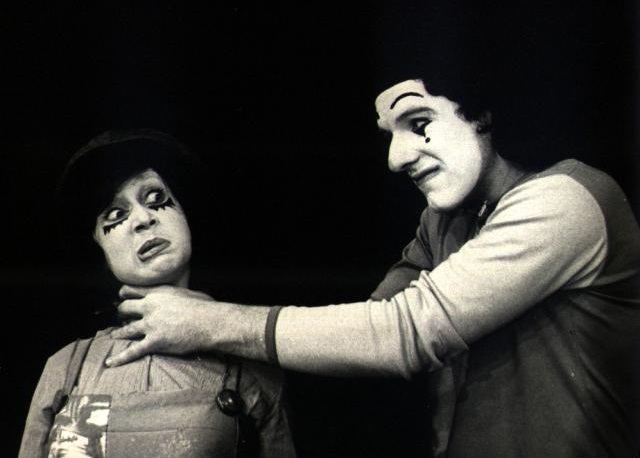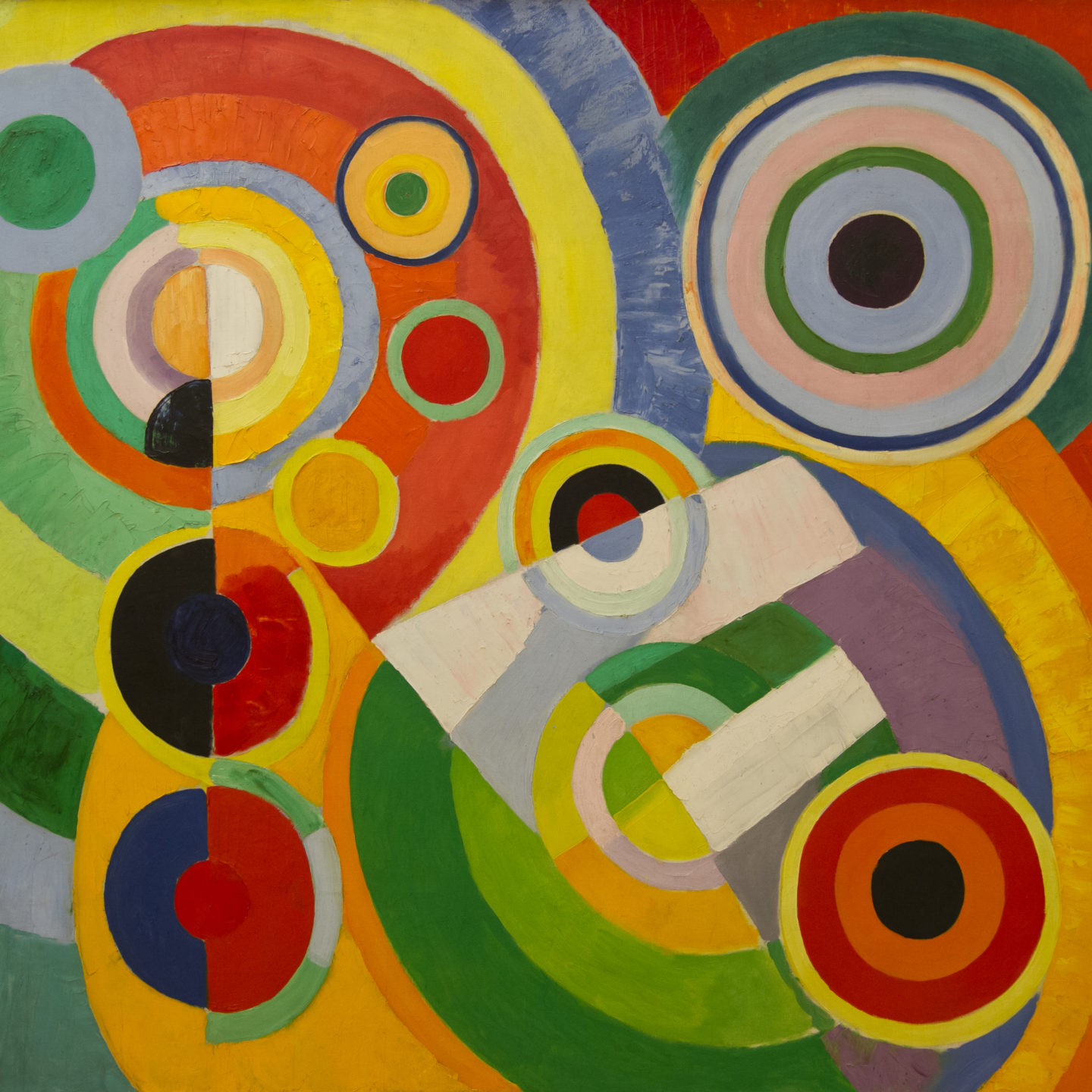5. A control theory of the mind
For the last day of blogging my book The Emotional Mind, I’m going to skip straight to the last chapter on mental architecture. This is where propose a control theory of the mind as a whole. It is perhaps the most ambitious and speculative chapter of a book that is …






